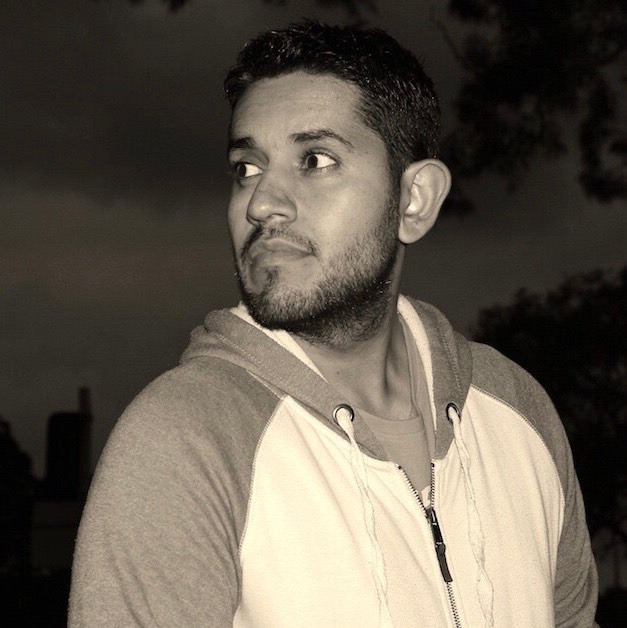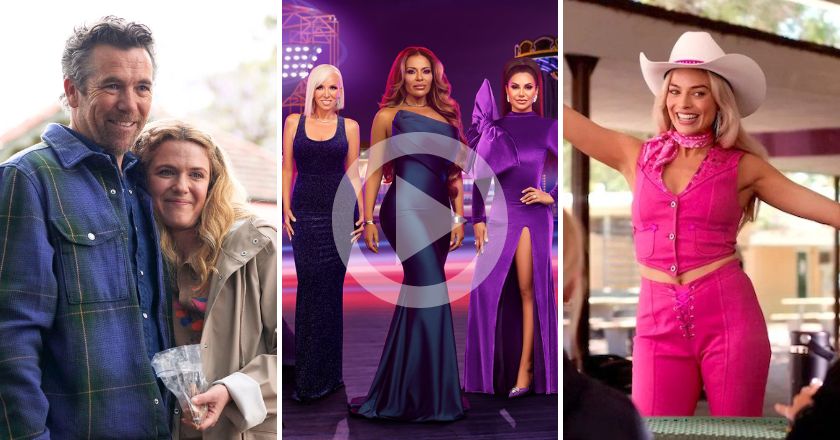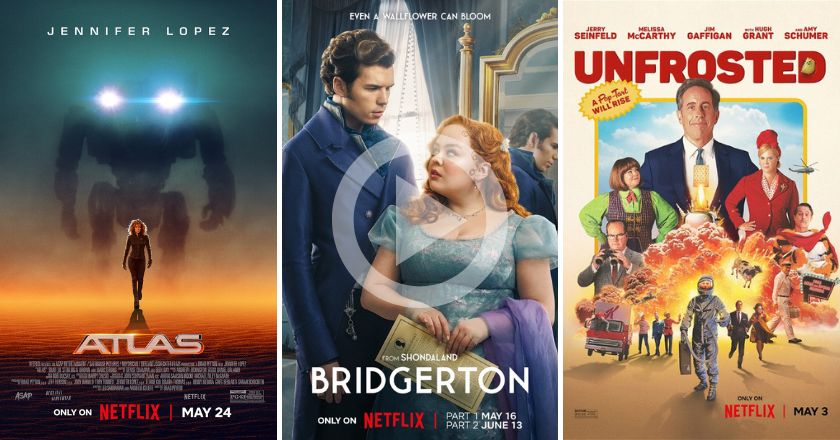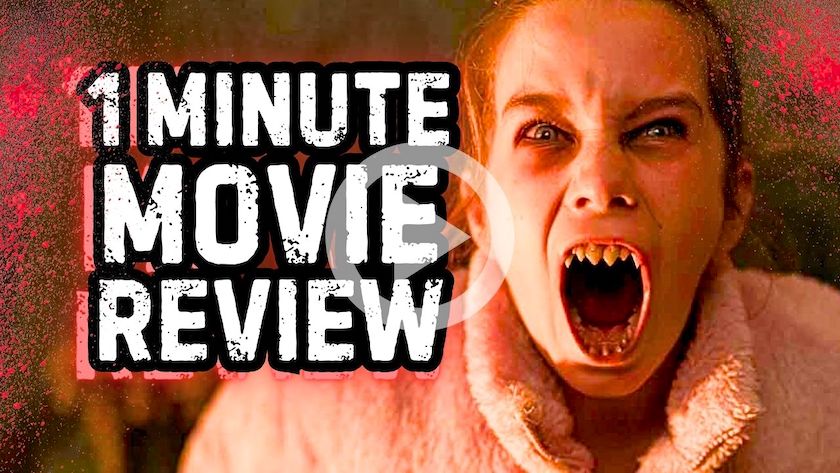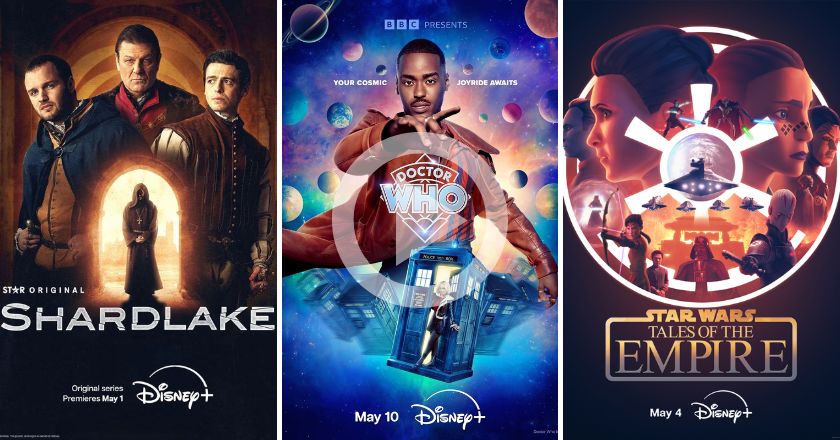Steven Spielberg’s 34th feature film is a tender, semi-autobiographical film that finds the cinema maestro pointing the lens at his own life. The Fablemans is a deeply personal slice of cinema for Spielberg, who co-writes with Tony Kushner, Oscar-nominated scribe of previous Spielberg films Munich, Lincoln, and West Side Story.
We follow the Fabelmans, a Jewish family consisting of mother Mitzi (Michelle Williams), father Burt (Paul Dano), and their children – three girls and one boy. This coming-of-age story is told through the eyes of the latter, young aspiring filmmaker Sammy Fabelman, played in his teenage years by Gabriel LaBelle, who’s fantastic in the role. The story spans years, as Mitzi and Burt’s marriage disintegrates and the family is forced to adapt to various changes.
Dedicated to Spielberg’s parents, Leah Adler and Arnold Spielberg, who passed away in 2017 and 2020, respectively, this is clearly a special chapter in Spielberg’s filmography. This is Spielberg not only looking at the emotional struggles that his parents went through and how it affected him and his family as a whole, including his siblings, but the role that his passion for cinema and filmmaking played in helping him to, in a way, navigate and make sense of the world around him. There are a number of scenes where Sammy plays his work to family, friends, peers, but Sammy’s focus isn’t on the screen, but on those watching. In particular, how his screen work is affecting the viewer and why. For Spielberg, the film clearly carries introspective elements, but The Fabelmans also serves as a Spielberg love letter: to cinema and art, to following one’s passion.
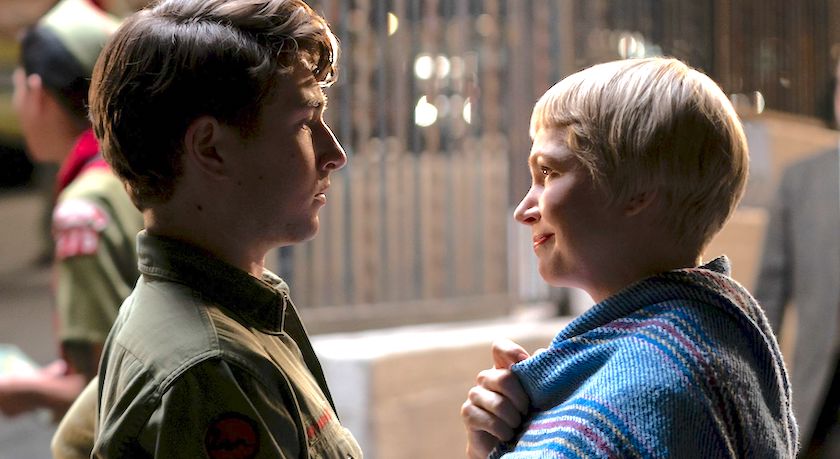

The Fabelmans is, for better and worse, oh-so Spielberg – and not just in the obvious sense that it’s about Spielberg. The director’s lean towards overt sentimentality is evident throughout the film, and, to be honest, there were a few moments that I felt a bit of a heavy hand. But, it’s easy to forgive the occasional dip into some obvious schmaltz and a few stagey moments, when Spielberg keeps the focus on the emotional truth that lies at the centre.
Perhaps I would have liked a little more grit when it comes to just how Spielberg tackles some of the issues affecting Sammy, but this is the angle – he’s telling his story through a lens of nostalgia and innocence. Spielberg navigates various issues, from antisemitism to the toll of neglected dreams, with varying levels of depth. Some of it works well, other times it’s a little too glossy for its own good. For example, a later stages with bullying and girlfriend issues at school, feels like a bumpy, overly simplistic detour from the emotional focus and strength of what comes before. It’s also around the mark that I started to notice the two-and-half-hour runtime. The picture does, thankfully, get back on track for a strong finale. That very final shot is perfect.
The Fabelmans works wonders when it’s focused on the key drama based around Sammy’s parents and the agonising factors that affect their marriage. They’re beautifully drawn individuals. Paul Dano is very strong as Burt, a man who loves his family, works hard, but whose demeanour and interests perhaps don’t align with those of his spouse. He’s on a different path to Mitzi; he may not want to, but he knows it – and it’s sad to see. Dano keeps his Burt contained, giving us plenty of emotion without a word; the few moments in which he does speak up really make for pivotal scenes.


It’s Michelle Williams who shines brightest here. Williams knocks it out of the park as a woman trying to keep her head above water – as a mother, as a wife, as an individual. She’s troubled, and completely understandable. She is haunted by opportunities and dreams lost, pushing her to ensure that her film-loving son keep his passion alive. And her heart yearns for more, something she’s finding harder to keep at bay. Williams brings warmth and strong emotion to the role, lighting up the screen whenever she’s on it, and drawing us into the character’s internal plight in a number of sweet and heartbreaking moments. I’m still thinking about her eyes as she witnesses one of her son’s particular films. Award-worthy stuff.
In a supporting role, Seth Rogen also puts in good work as Bennie, Burt’s best friend who has become very close to the family. A smaller role, but the screenplay and Rogen’s performance ensure Bennie is not a caricature. As with most of the parts here, Bennie doesn’t fall into good guy/bad guy category; he’s human, trying to navigate some complicated waters.
I also can’t wrap up without pointing out the scene-stealing performance that Judd Hirsch gives. Playing uncle Boris, Hirsch has one pivotal scene in particular that is one of the film’s standouts – an electric, heartfelt monologue about the pitfalls of family when it comes to art and dream-chasing. As Soviet Russian theatre actor/director Konstantin Stanislavski once said, “There are no small parts, only small actors.” Short screen time for Hirsch – giant acting.
I may have had a few qualms with the structure and some of the film’s crowd-pleasing sheen, but The Fabelmans carries undeniable heart – and Spielberg is, of course, more than adept at pulling you in to feel the emotion. The director’s understandable affection for his subjects is infectious and, further boosted with strong performances, affecting as well. I may not have been blown away to the extent that I thought I would be heading in, but this is nevertheless a heartfelt, deeply personal film from one of cinema’s most influential and monumental voices.



